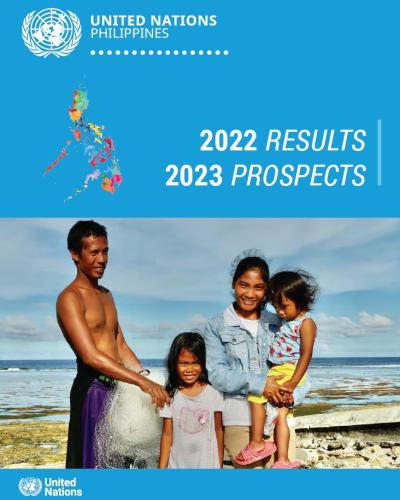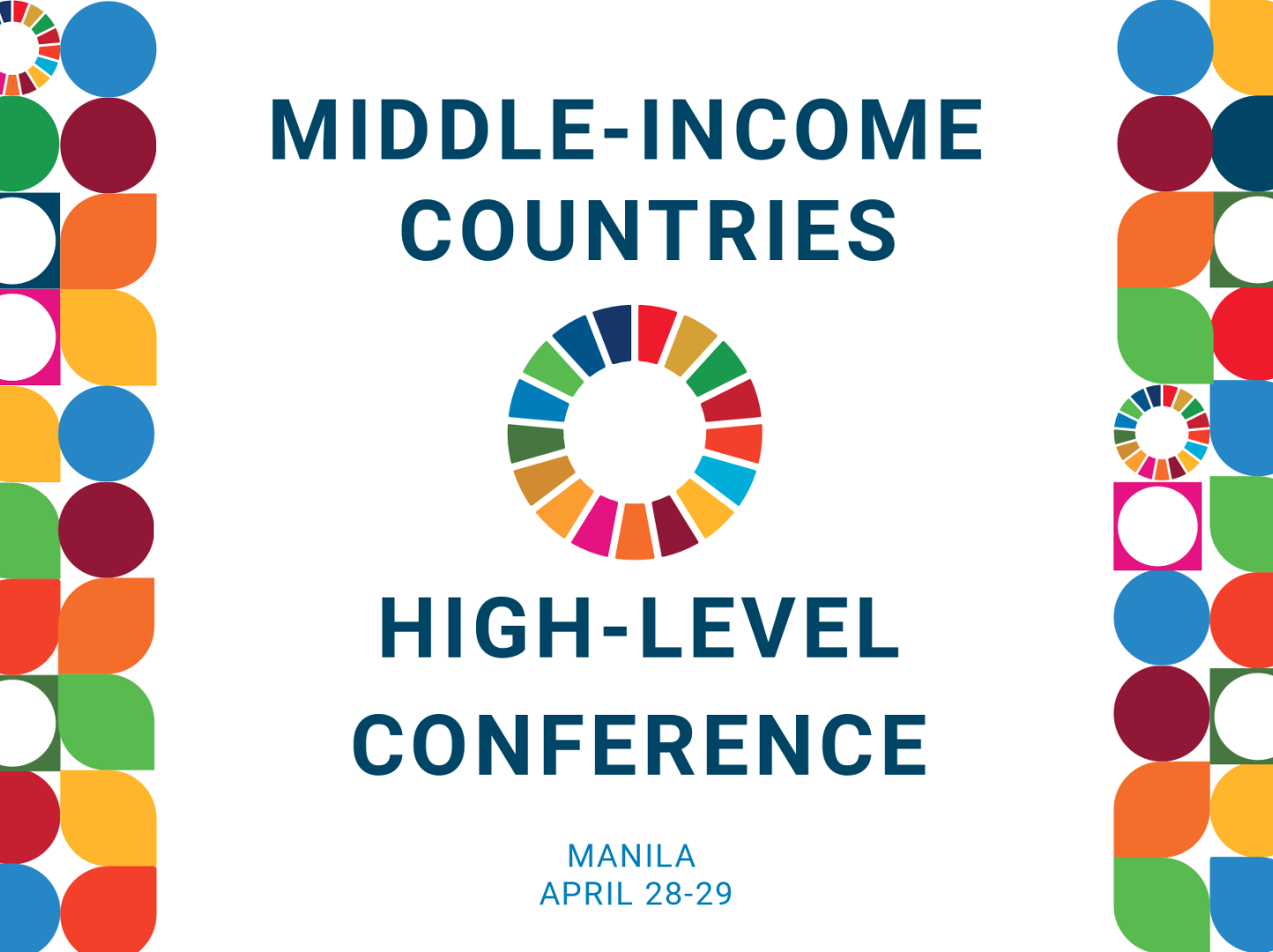Philippines: 2022 Results, 2023 Prospects

Foreword by the UN Resident Coordinator
I am proud to present the United Nations (UN) Philippines 2022 Annual Report that highlights the UN’s contributions to the
country’s progress towards sustainable development.
In 2022, the UN remained a reliable and committed support for the Philippines’ sustainable development and human rights
agenda, working closely with the Government and other key stakeholders to achieve our shared goals.
Despite various challenges of 2022 such as the lingering effect of the COVID-19 pandemic, global economic vows, and triple
planetary crisis all deeply impacting the Philippines, coupled by the recovery from Typhoon Odette/Rai, the country continued
progressing on its firm developmental path. The Bangsamoro Autonomous Region in Muslim Mindanao (BARMM), for example, which is facing the most difficult developmental challenges, recorded the largest reduction in poverty incidence. This indicates that the Philippines is on the right trajectory. The general elections also brought about political changes in the country.
The UN’s support in 2022 remained instrumental for advancing the country’s ambitious national development priorities and
demonstrated results. Through the implementation of the UN Socioeconomic and Peacebuilding Framework for COVID-19
Recovery in the Philippines (SEPF), we ensured full alignment of our activities with national priorities as we shifted away from
COVID-19 response and refocused efforts towards Agenda 2030 acceleration.
UN work spanned through three strategic pillars of SEPF – People, Prosperity and Planet, and Peace – towards realizing
the long-term aspirations outlined in the Philippine Development Plan (PDP) and Ambisyon Natin 2040. The Report showcases just a fraction of our work and cannot give enough credit to close collaboration with multiple stakeholders that marks our work on a day-to-day basis.
In fact, strong partnerships remained at the heart of our 2022 successes. All parts of the UN system in the Philippines have
actively engaged with key stakeholders, including government ministries, civil society organizations, development partners,
and the private sector to develop people-centered policies, laws, and frameworks, to deliver support and to advocate on
behalf of those that are the most vulnerable, with our approach firmly rooted in the leaving no one behind principle.
Looking ahead, the UN in the Philippines remains committed to supporting the country’s developmental path that is firmly rooted in national ownership and solutions tailored to the Philippine context. Our collective expertise, resources, and networks will be geared towards providing support for impactful results, embodied in the forthcoming Philippines 2024-2028 United
Nations Sustainable Development Cooperation Framework (CF).
The CF’s transformative nature lies in its establishment of a platform for the shift from development assistance to strategic,
expanded partnerships for sustainable development. This entails a heightened focus on policy development, capacity
building, sharing global knowledge, supporting coalitions at local, national, and global levels, and playing a robust role as
convener and facilitator. We will drive effective action, together, and spearhead nationally owned solutions in the Philippines, to contribute to a sustainable future for all Filipinos, leaving no one behind.





















